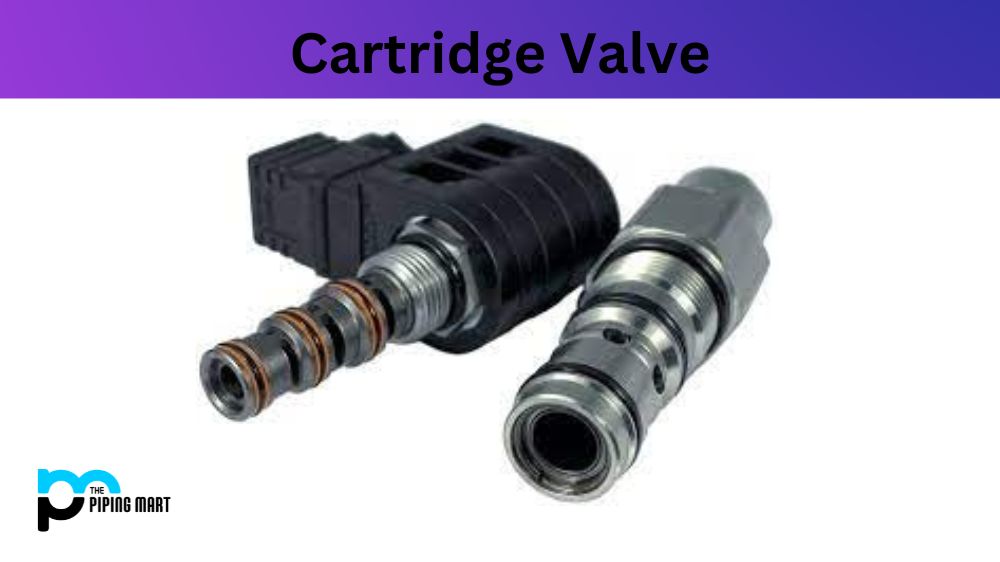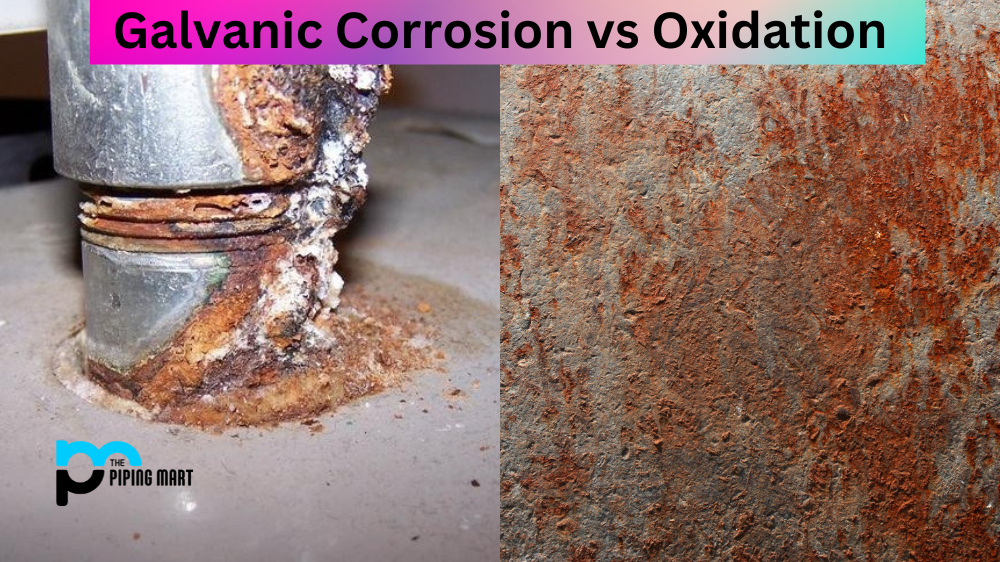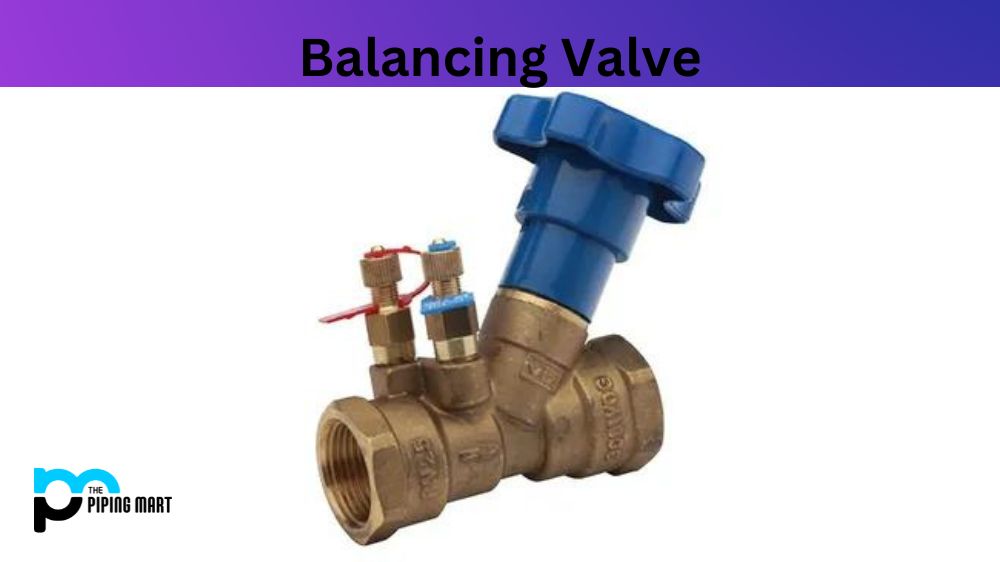Cartridge valves control hydraulic oil flow in a wide range of industrial applications. In simple terms, these valves can be described as small hydraulic control systems capable of delivering precise and efficient fluid flow control. However, their small size belies their immense importance in industrial hydraulics. This article will give you a detailed insight into the properties, uses, and applications of cartridge valves.
What is Cartridge Valve?
A cartridge valve is a type of flow control device used in hydraulic systems. It combines the housing, spool, and seals into one unit which simplifies installation and maintenance. Cartridge valves are also known as integrated or axis valves and have advantages such as low leakage rates, high flows, long life cycles and compact design.
Cartridge Valves Properties:
Cartridge valves are designed to be compact, lightweight and easy to install. They are typically constructed from high-strength stainless steel, brass, or aluminium and can withstand high-pressure conditions. They are also highly customizable, as their modular design allows them to be tailored to specific hydraulic circuit needs. Moreover, cartridge valves have low internal leakage rates, as their poppet-style design minimizes the amount of fluid bypass, ensuring longer valve life.
Cartridge Valves Uses:
Cartridge valves are used in various applications, including mobile equipment, industrial machinery, and aerospace. They are ideal for mobile applications such as construction equipment, trucks, and agricultural machinery due to their compact size and ability to operate under harsh environmental conditions. In industrial machinery applications, cartridge valves are commonly used in hydraulic power packs, pumps, and motors and are ideal for controlling speed and pressure in hydraulic systems. They are also used in aircraft and aerospace applications due to their lightweight and compact design.
Cartridge Valves Applications:
Cartridge valves are used in various applications such as flow control, pressure control, directional control, and proportional control. Flow control regulates fluid flow within a hydraulic system by maintaining a constant flow rate irrespective of load variations. Pressure control is used to maintain a constant pressure within a hydraulic system even when flow rates vary. Directional control valves direct fluid flow within a hydraulic system, while proportional control valves vary the flow rate or pressure based on a certain input.
How to Use Cartridge Valves:
Using cartridge valves involves selecting the appropriate valve for a specific hydraulic circuit, installing the cartridge valve into the manifold system, and connecting the valve to the hydraulic circuit. It is important to follow manufacturer recommendations when installing cartridge valves. Cartridge valves are typically controlled by electromechanical control systems such as PLCs, microprocessors, and hydraulic controllers.
Conclusion:
In conclusion, cartridge valves are an essential component of hydraulic systems, providing precise and efficient fluid flow control in various industrial applications. We hope this article has given you a better understanding of the properties, uses, and applications of cartridge valves and their advantages. If you are interested in learning more about hydraulic systems or looking for customized cartridge valves for your application, please get in touch with us. Our expert team will be more than happy to assist you.




